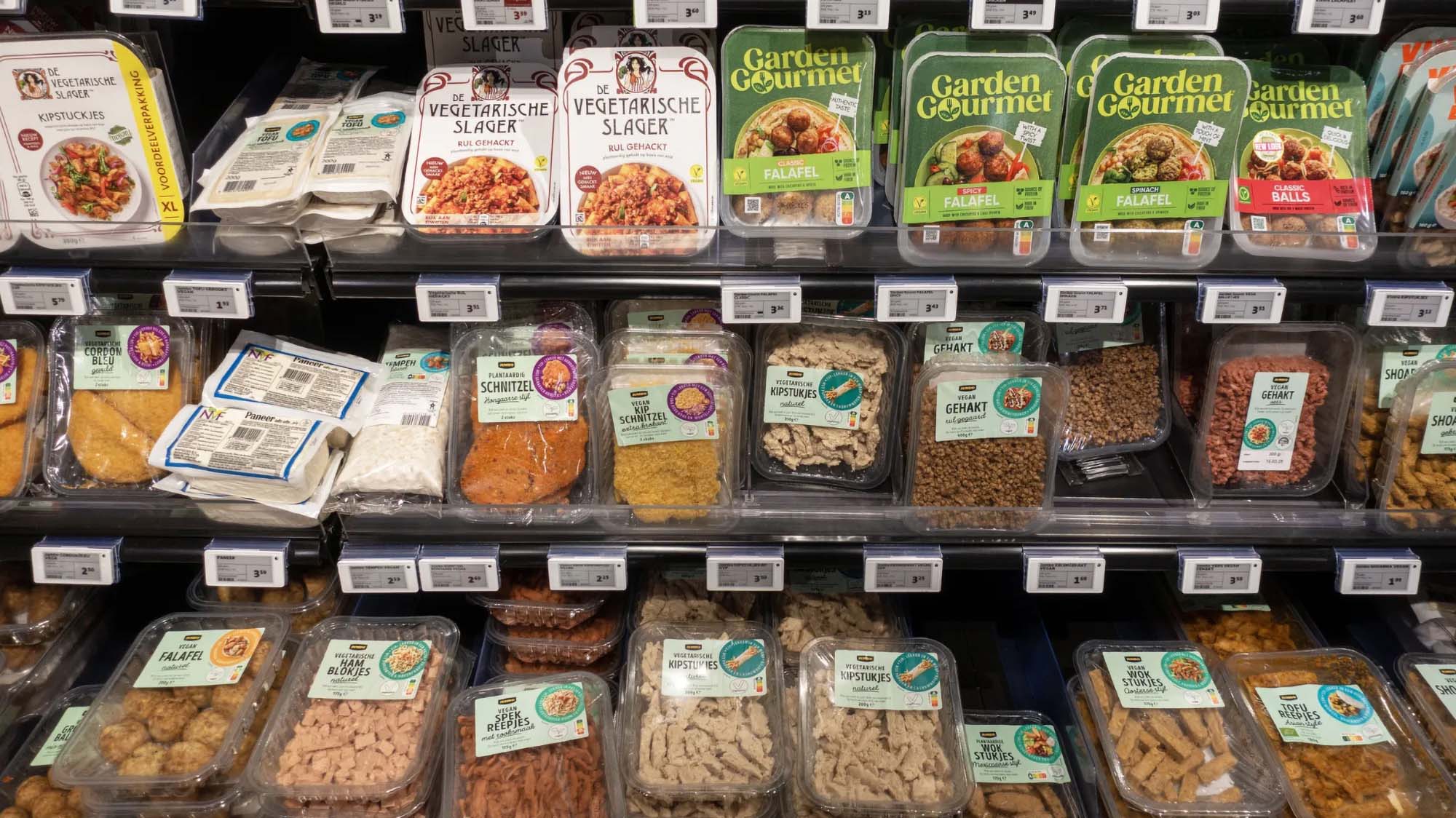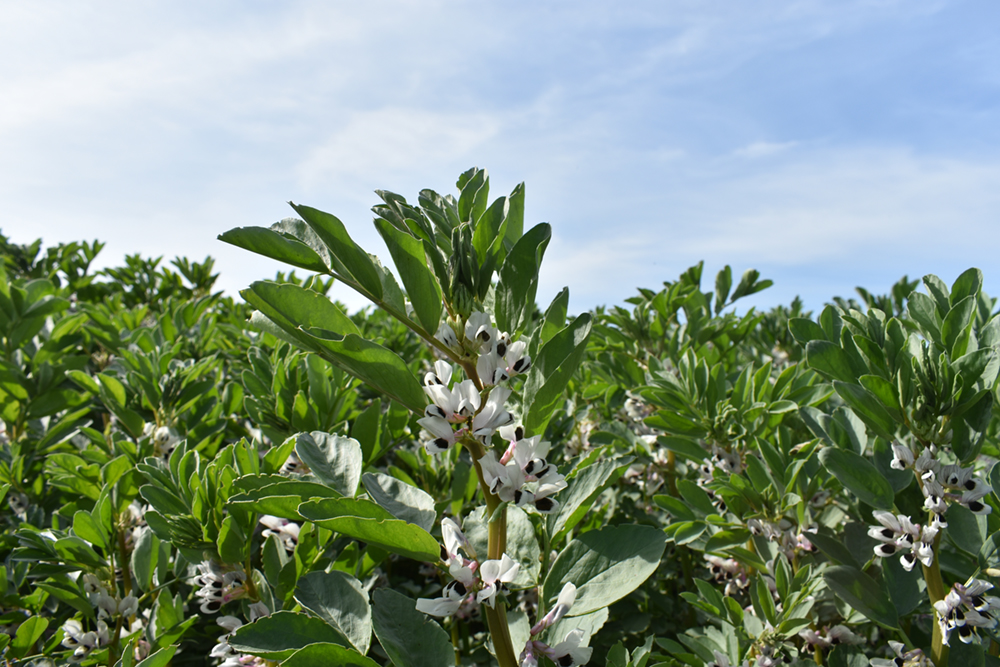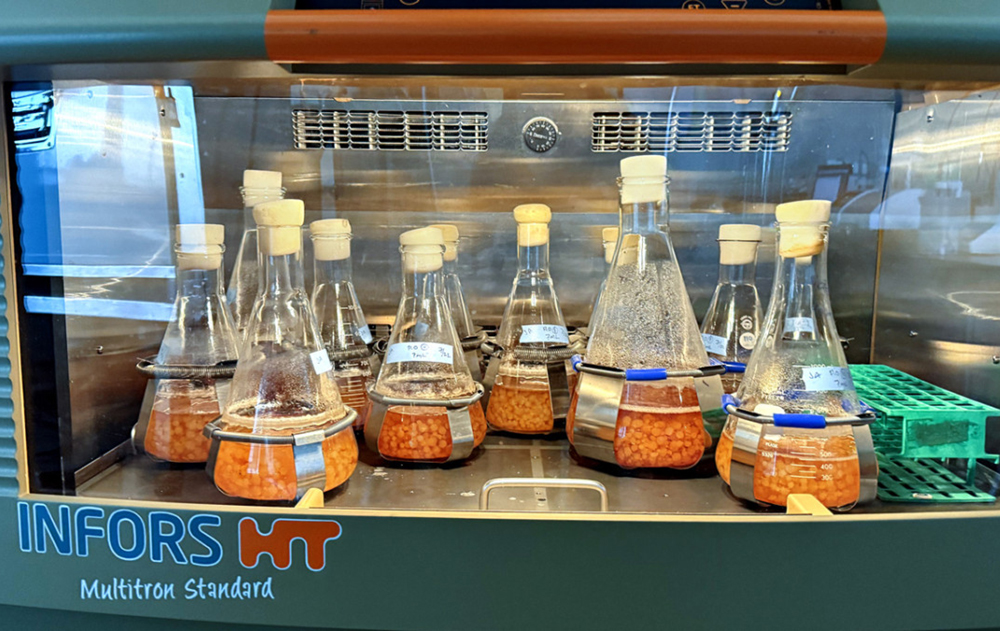

Study found consumers understood terms like ‘vegaworst’ and ‘veganburger’, challenging proposed EU naming ban
A new survey of more than 20,000 Dutch consumers found that terms such as ‘vegaworst’ and ‘veganburger’ caused far less confusion than suggested by European lawmakers seeking to restrict plant-based product names. The research, conducted by the Radar Panel, showed that 96% of respondents correctly identified a ‘vegaworst’ as a vegetarian sausage without meat – the same result recorded when the question was first asked five years ago.
The findings came at a time when the Agriculture Committee of the European Parliament was seeking to prohibit names traditionally associated with meat, such as ‘sausage’ and ‘burger’, for vegetarian or plant-based alternatives. The justification offered was that consumers could be misled. However, the survey results indicated the opposite. One participant said the terms were well understood in everyday use: “It seems unlikely to me that someone would mistake it when buying it.”
Another respondent described the argument for consumer confusion as condescending, commenting that they found it “very patronizing of the meat industry to use the argument that people don’t see the difference between the products”. Others said that adding the word 'vega' or 'vegan' already made it clear that no meat was involved: “Vega is not meat, so if it says vega somewhere, then I know there is no meat in it.”
Despite that clarity, 25% of respondents said they found terms like ‘sausage’ or ‘burger’ in plant-based names confusing, although this share had fallen from 35% in 2020. Three-quarters of respondents reported no confusion at all.
When the survey tested alternative terms – such as ‘plant-based patty’ or ‘soygurt’ – confusion increased. Nearly one in three participants (30%) said these unfamiliar descriptions made it unclear what they were buying. Many respondents noted that the words ‘burger’ and ‘sausage’ helped communicate form or method of preparation without implying the presence of meat. One participant said: “The word sausage, burger, patty and tartare reflects the preparation and/or appearance of the product, not that it is made of meat. You can also make tartare from fish or tomato. So a vegetarian sausage or burger is a correct description.”
Another suggested a labeling format: “I would state on the packaging: ‘It looks like a sausage/burger/chicken etc.; it tastes like it, but it is not meat.’”
Preference also played a clear role. Among participants who expressed a choice, three-quarters said they would rather buy a 'veganburger' than a 'plant-based patty', suggesting that overly technical naming could undermine consumer interest.
Joey Cramer, Operational Director at ProVeg Nederland, said the proposed EU naming ban would not solve the issue it claimed to address. “There is no confusion at all. And you do not make the market clearer by forcing producers to use awkward terms,” he said.
Most respondents did not support legislative intervention. Nearly 70% opposed banning meat-associated terms for plant-based products, and 63% said regulation on naming was unnecessary. Some expressed frustration that policymakers were spending time on the issue. One participant wrote: “Burger and sausage also tell you something about the shape of the product. Combined with the term ‘vegan’, it says enough about what the buyer can expect. It shouldn’t need extra legislation.”
Cramer criticized the legislative process, saying the proposal had been “bulldozed” through the European Parliament without assessing the potential consequences for producers. He noted that regulatory impact analyses are usually part of such processes, particularly when certain groups could be disproportionately affected. Some respondents also questioned why politicians who typically oppose EU intervention supported the proposal in this case.
Respondents pointed out inconsistencies, noting that many food names do not describe literal ingredients, from ‘peanut butter’ to ‘meat tomato’. Others referenced products like ‘fish burger’ or ‘snoepburger’ (candy burger), questioning whether these would also fall under naming restrictions. “Slavink is not a vegetable and not a bird – then we would have to put everything on the scale,” one participant said.
The survey also revealed differences across age groups. Younger people reported less confusion about terms like ‘vegaworst’ and were more willing to buy either a vegan burger or a plant-based patty. Older participants were more likely to say they would buy neither option. Older respondents were also somewhat more supportive of EU intervention, although a majority in every age group remained opposed.
Gender differences also emerged: men were more likely than women to report confusion, to support a ban, and to say that regulation was important.
In contrast to the proposed ban, the Scientific Advisory Council recommended only a week earlier that policymakers strengthen support for the protein transition – encouraging more plant-based diets to support food security, climate goals, and biodiversity. Cramer said the naming restriction would make that transition more difficult, adding that ProVeg Nederland had launched a petition against the measure.
The study was completed between 6 and 13 November 2025 and included responses from 20,638 Radar Panel members.
If you have any questions or would like to get in touch with us, please email info@futureofproteinproduction.com

.png)






